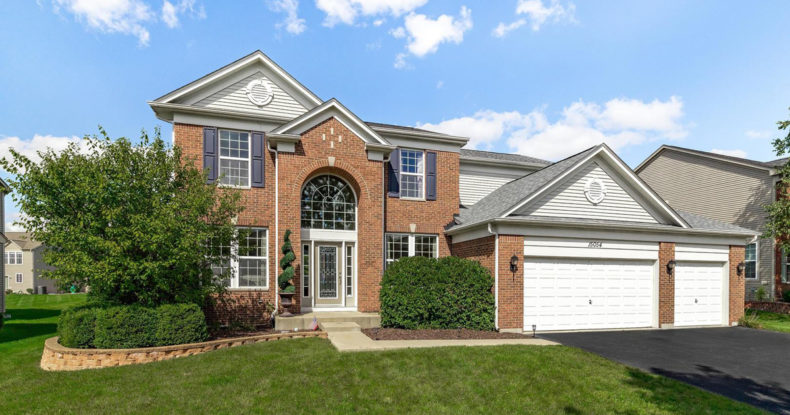The term non conforming is quite common in real estate, but it can also be misunderstood by a lot of people. That’s why it’s imperative to understand what non conforming really is, and also figure out what exactly it entails. In doing so, you will have a much better understanding of the process, while eliminating any misconceptions that arise.
What is non conforming in the real estate world?
The non conforming real estate is a property that was allowed to continue even if it doesn’t comply with the zoning restrictions. Why is this accepted though? Most of the time, the legal use is predating the new regulation. What that means is the non conforming use was grandfathered since the zoning laws are not retroactive. And since the building can’t be demolished, it will continue to exist, hence the non conforming status.
Generally the zoning laws are regulating land use and also the type of structures that are permitted. If you want to invest in real estate, then you want to have a good understanding of zoning laws. In doing so, you can prevent any problems and ensure everything is working properly.
Are non conforming buildings the same as illegal use buildings?
The short answer is no. If a building is illegal use, that means it’s constructed right now or it was constructed after the current zoning laws started to be in effect. That makes the building in question illegal, and it’s something to keep in mind. On the other hand, non conforming buildings are usually older buildings. Even if they don’t meet the current zoning laws, they were made before those zoning laws existed in the first place. That’s why it’s a good idea to understand the role of non conforming buildings, they are not illegal, they just predate the current laws.
Buying a non conforming property is not risky, since it’s allowed to exist and it won’t be demolished. That being said, depending on where you live, you might have some restrictions when it comes to what you can do to the property, how you can expand or customize it. However, non conforming buildings are not illegal. They just predate the current zoning laws, that doesn’t make them illegal in any way. It’s very important to know this, since there can be a lot of misconceptions when it comes to this kind of stuff, and you want to prevent that as much as possible.
